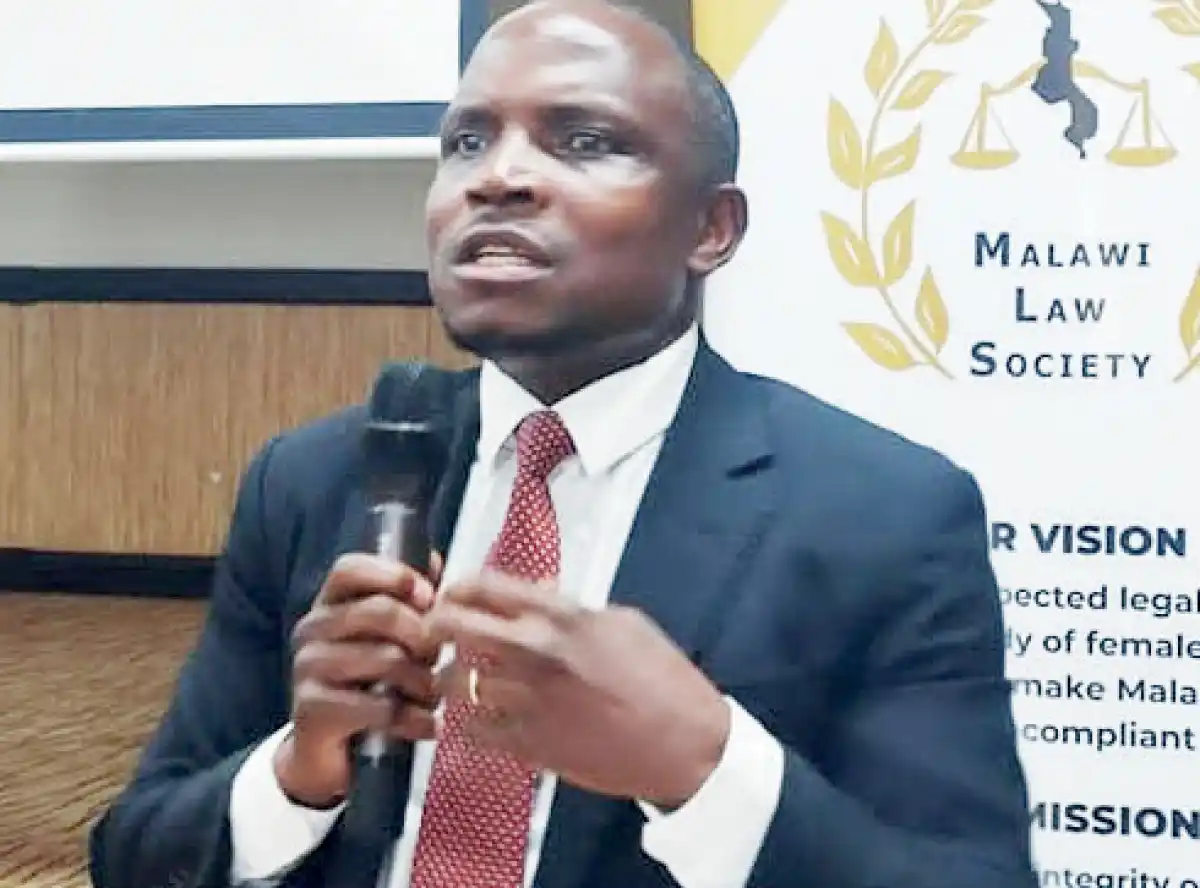

UTM President Dalitso Kabambe has renewed calls to have Section 91 (2) of the Constitution removed to allow sitting presidents face criminal prosecution.
Currently, the law protects state presidents from prosecution while in office, permitting legal action only after their tenure.
However, in a statement, Kabambe argued that while the immunity clause was intended to safeguard the presidency from undue interference, it has fostered a culture of impunity.
“The immunity clause, originally intended to shield the presidency from political harassment, has instead fostered a culture where leaders are insulated from the consequences of their actions,” he said.
On the other arms of the government, Kabambe said Malawi’s judicial system is currently seen by many as compromised and that Parliament is often criticised for enabling questionable practices rather than representing the interests of Malawians.
He said removing presidential immunity would mark a significant shift in political culture, sending a clear message that no one is above the law.
Kabambe, therefore, calls for a referendum on presidential immunity.
“This essential step would give the people of Malawi a voice in determining the future of our governance. We must seize this opportunity to engage in a national dialogue about accountability, transparency and the kind of leadership we desire,” he said.
But Malawi Law Society (MLS) has argued that the proposal for a referendum on presidential immunity can be politically exciting but it seems to be legally misplaced.
MLS President Patrick Mpaka in an interview yesterday argued that amending Section 91 does not require a referendum.
Mpaka said any President who would like to remove that immunity does not need to expose the national purse to the cost and expense of a referendum.
“They just need to initiate policy and constitutional change under Section 7 and convince two thirds of Members of Parliament under Section 197 of the Constitution to make the change,” he said.
He further said the issue of immunity not only goes to separation of powers between the Judiciary and the Executive but also serves a useful purpose to protect good faith exercise of public power given the varied interests such public officials serve.
He said apart from the President several other public offices also enjoy immunity for the wider public interest those offices serve.
“Under the current framework the legal arrangement is that if a sitting President has seriously flouted the Constitution or any written law which includes criminal law, Section 86 of the Constitution provides mechanism for impeachment before the full National Assembly as a means holding him or her accountable by the people through their representatives at the National Assembly as opposed to criminal proceedings which are usually before a single Judge,” he said.
After exiting office, a President can be criminally charged and appear before a single Judge for alleged criminal activity.
He questioned Kabambe’s approach to balancing these concerns.
“So, the proposal that Dr Kabambe makes seems to be quite simplistic and not wholly considered,” he said.
The removal of presidential immunity was a campaign promise of the Tonse Alliance.






0 Comments